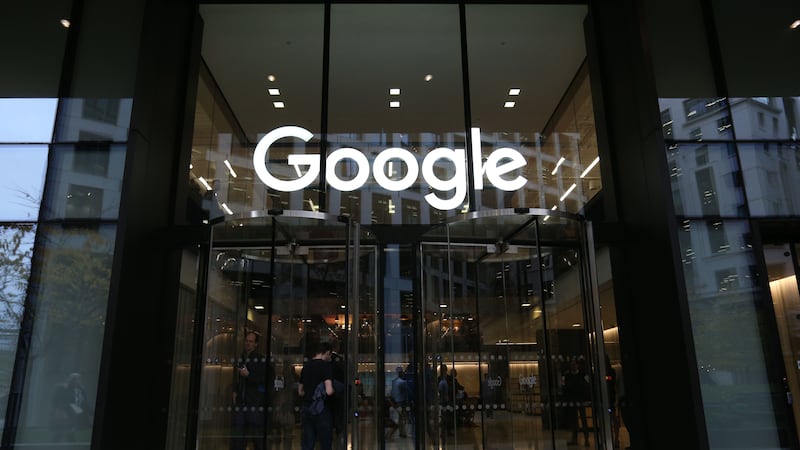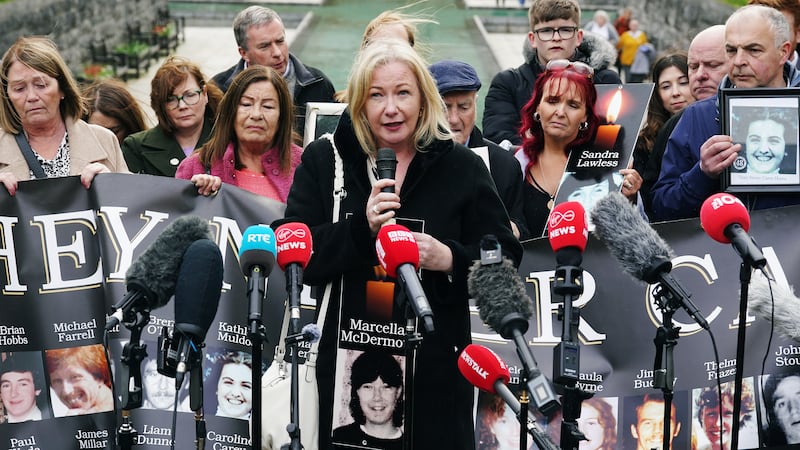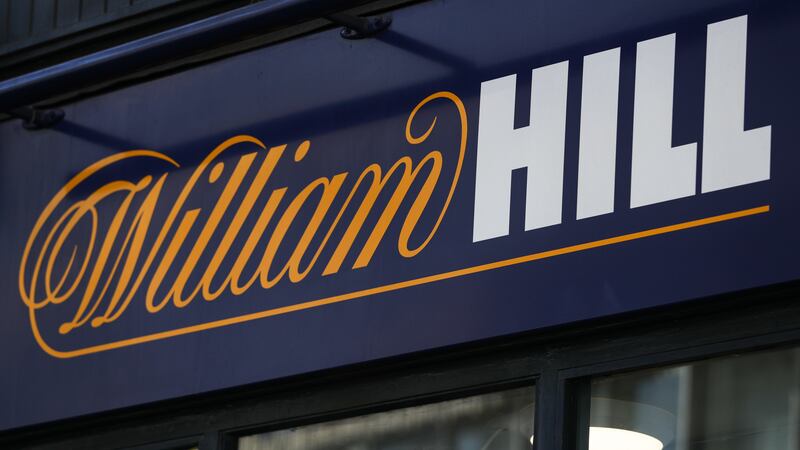Google will try to block a proposed billion-pound mass legal action over claims it secretly tracked millions of iPhone users’ internet activity at a landmark Supreme Court hearing.
Former Which? director Richard Lloyd, supported by campaign group Google You Owe Us, wants to bring a “representative action” against the US-based tech giant on behalf of around 4.4 million people in England and Wales.
He claims Google “illegally misused the data of millions of iPhone users”, through the “clandestine tracking and collation” of information about internet usage on iPhones’ Safari browser – known as the “Safari workaround”.

Mr Lloyd and Google You Owe Us hope to win at least £1 billion in compensation for alleged breaches of the Data Protection Act.
But Google argues data protection claims for compensation need to show proof of damage and that Mr Lloyd’s proposed case should not go ahead.
At a two-day remote hearing, starting on Wednesday, the UK’s highest court will consider whether the claim – which Google has previously valued at between £1 billion and £3 billion – should proceed.
Google You Owe Us and Mr Lloyd claim Google bypassed privacy settings on Apple iPhone handsets between August 2011 and February 2012 and used the data gathered to divide people into categories for advertisers.
They say “browser-generated information” collected by Google included racial or ethnic origin, physical and mental heath, political affiliations or opinions, sexual interests and social class.
Google’s lawyers say there is no suggestion the so-called Safari workaround resulted in any information being disclosed to third parties.
The High Court initially ruled that Mr Lloyd could not serve the claim on Google outside the jurisdiction of England and Wales in October 2018, but that decision was overturned by the Court of Appeal in October 2019.
In a statement before the hearing, Mr Lloyd said: “Global technology companies are not above the law – no matter where they are.
“It is their legal duty to use our data appropriately and to keep it safe.
“Google illegally misused the data of millions of iPhone users without consent and we want to hold them to account.
“The UK Supreme Court will have to decide two important points of law: what kinds of damages can be recovered by consumers for data breaches and when representative actions can be brought to recover those damages.
“Google makes billions of pounds in revenue from advertising based on our personal data every year.
“It is only right that they should be held to account for profiting from the misuse of that personal data.”
His solicitor James Oldnall, managing partner at the law firm Milberg, said: “It cannot be right that consumers have no form of redress against big companies that misuse their data.
“Our data has value. We are providing the raw material that tech businesses profit from by using it to sell advertising: we are the product.
“But our data can also reveal sensitive information about us and so the law gives us rights to protect it and decide how it is used.
“We are trying to establish the means by which we can exercise those data rights.
“Google misused our data with the ‘Safari workaround’ in 2011.
“Our case now is about whether companies like Google are liable to us as consumers for data breaches and the manner in which they can be held to account.
“If we don’t stand up to Google, who will?”
A Google spokeswoman said: “These claims relate to events that took place a decade ago and that we addressed at the time. We look forward to making our case in court.”
The hearing begins at 10.30am and will be livestreamed on the Supreme Court’s website.








